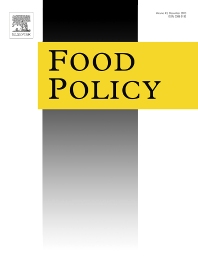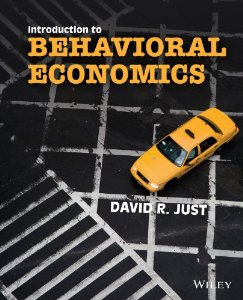If Congress does nothing, the status quo will revert back to the original 1949 law — which was based on a complex formula dating back to the pre–World War I era, when the earnings of rural farmers and city dwellers were much closer than they are today, says Marin Bozic, an assistant professor in dairy-foods-marketing economics at the University of Minnesota.
This means the USDA would have to pay dairy farmers about twice as much as it does now. But that doesn’t mean $8 milk for a few reasons:
Congress will probably get its act together. We’ve been down this road before, and dire predictions of $8 milk came to naught. “This is Groundhog Day,” Bozic says. “We woke up, and there’s the same song on the radio. If we don’t get the new farm bill, we’ll get an extension.”
My friend and colleague Marin Bozic, quoted in a Time article last week. The article also features a quote by Andy Novakovic, who was director of the Department of Applied Economics (as it was then known) at Cornell when I began my PhD.
In case you have an interest in dairy markets and policy, Marin has a blog dedicated almost entirely to that sector of the economy. And unlike my usual touch-and-go brand of blogging, Marin actually does serious research for his posts!

